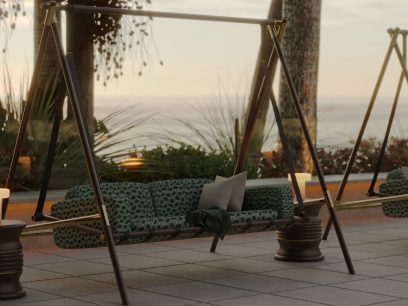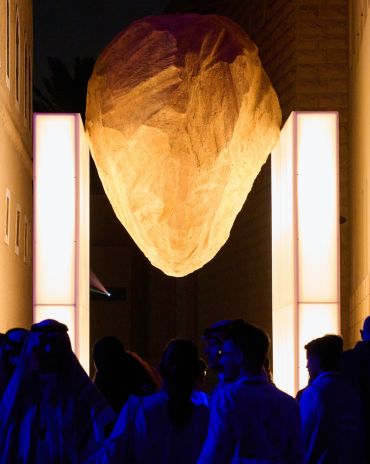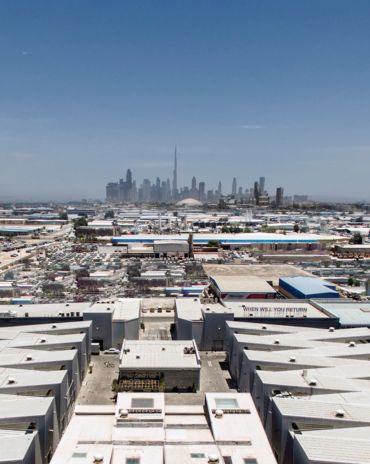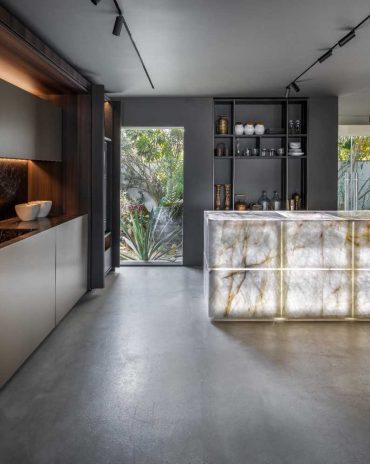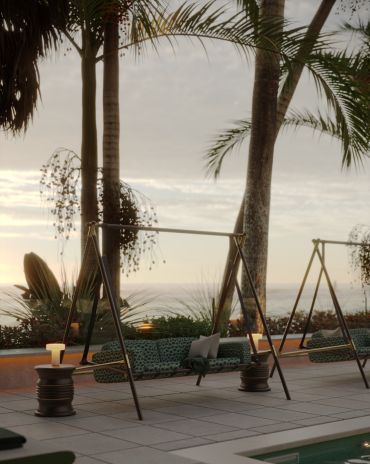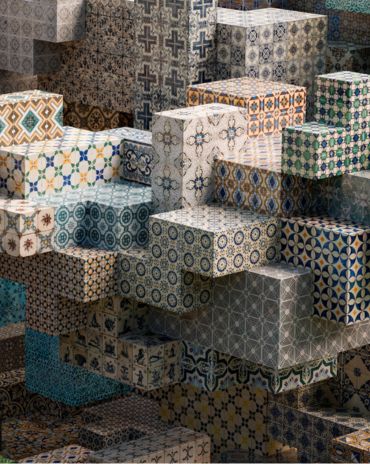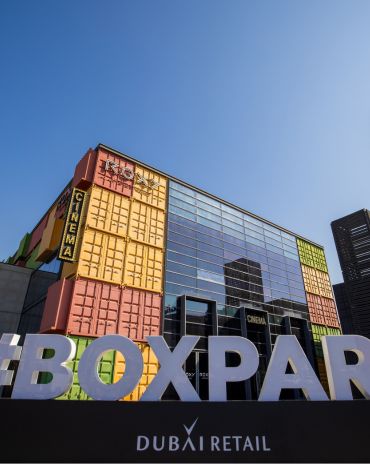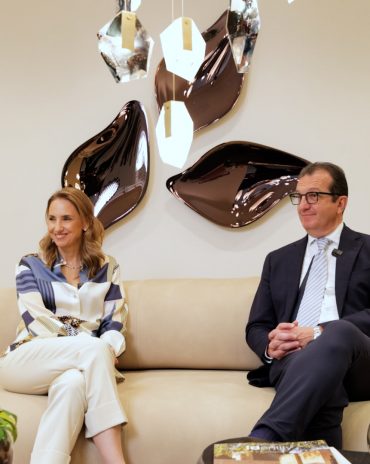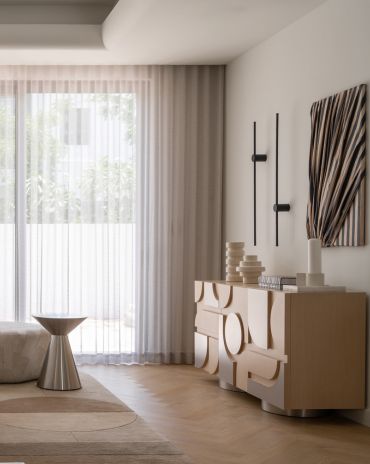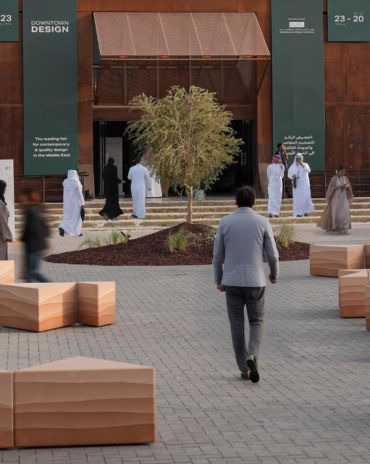Copyright © 2025 Motivate Media Group. All rights reserved.
2020 has changed the way we look at interiors, says Vanessa Northway of Heriot-Watt University Dubai
Northway discusses the importance of wellness, sustainability and digital solutions in interior design
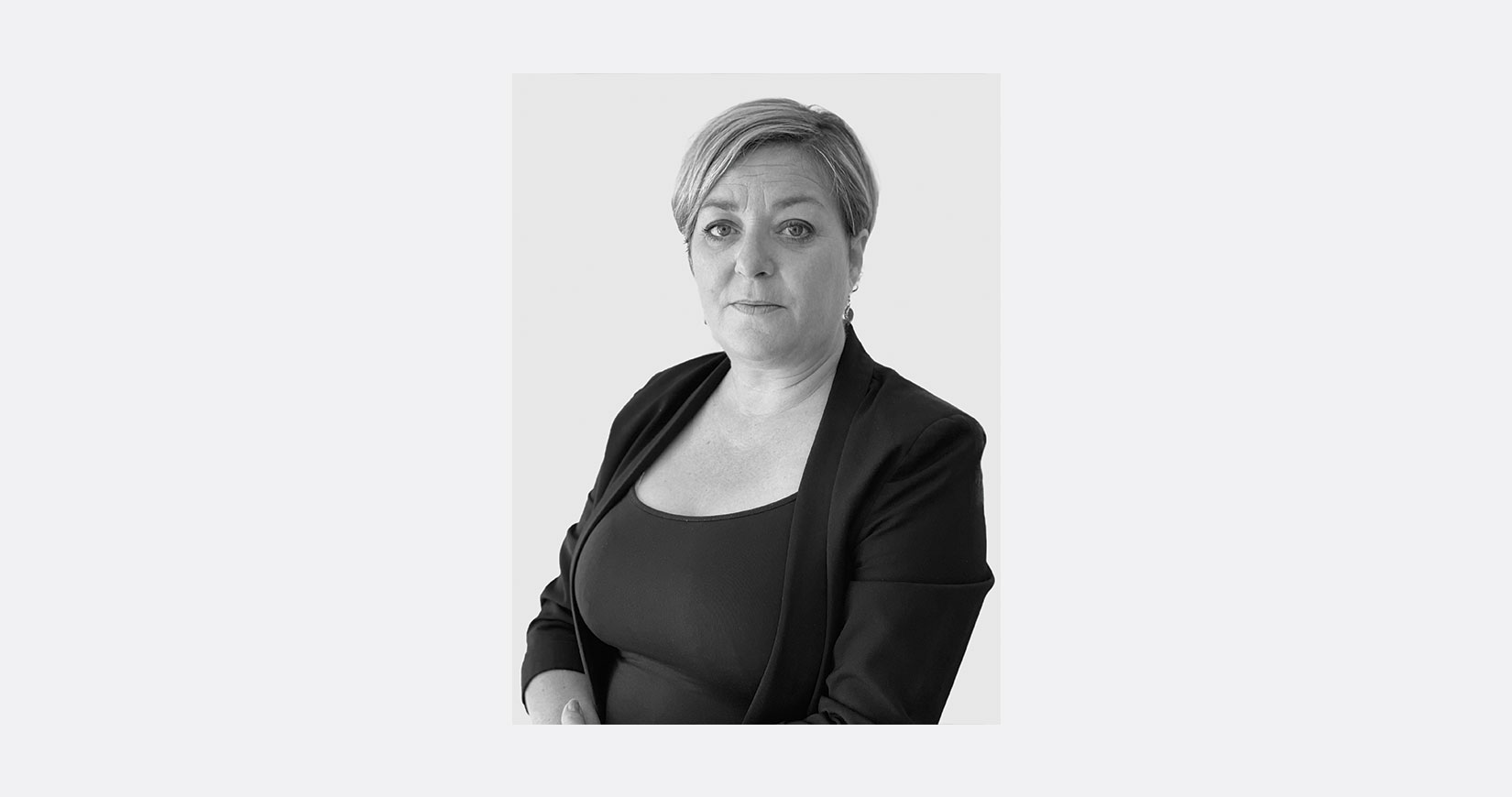
Vanessa Northway is the Associate Head of School, Associate Professor, School of Textiles & Design, and Senior Teaching Fellow at Heriot-Watt University Dubai.
id sponsorship: As the world continues to come to terms with spending most of its time indoors, interior design has gained more prominence than ever before. Although restrictions are gradually lifting, concerns stemming from a pandemic-driven 2020 could well last into the foreseeable future.
Homes were places of refuge and sanctuary; offices were places of productivity and creativity. However, 2020 has changed the way we look at our interiors, with people working from home rather than their workplaces for extended periods of time. Therefore, there are many lessons that we can learn and implement while designing spaces for homes and offices. The focus has shifted towards wellness, sustainability and the use of technology, all of which may not have been a priority when creating spaces a few years ago.
Today, wellness and sustainability are two critical pillars to focus on while designing spaces. Wellness refers to a balanced living area that addresses air and water quality, lighting, comfort and clutter-free space while also bringing out the best in you, emotionally and productively. Sustainability ensures the use of products and materials that are suitable for your living space and do not adversely affect the outside environment. Wellness and sustainability can be achieved by using the right amount of lighting for your room, decluttering, using air-purifiers or dehumidifiers, incorporating indoor plants, using products made from recycled or reclaimed materials, and using non-toxic and non-polluting products that are organic and not treated with pesticides. Organic cotton, bamboo, jute, cork and felt are some environmentally conscious alternatives to traditional materials. Bamboo, for example, is 100 per cent biodegradable, antibacterial and eco-friendly, if not chemically processed. User well-being and sustainability should not only be restricted to gyms, gardens or yoga centres, but also incorporated while designing homes and offices. Keeping customers’ well-being at the heart of each design project should be at every interior designer’s core.
The next key element will be the incorporation of innovative digital solutions in homes and office spaces. Technologically empowered fixtures such as intelligent lighting, low-flow taps, smart fridges or even solar-powered lights and doorbells can significantly contribute towards energy, water and monetary savings. In fact, LED light fixtures use at least 25 per cent less energy and last longer than traditional bulbs.
Finally, interior design professionals will need to be futuristic in their design approach to keep pace with global technological advancements. Virtual reality and 3D printing have already been introduced in architecture, and these technologies are here to stay. Understanding the fundamental requirements of working with technology to support industry demands is the need of the hour, to safeguard the future of interior designing.
At Heriot-Watt University, our interior design courses focus on equipping students with proper knowledge while also addressing current design and technology trends. By helping future interior design professionals concentrate on sustainable and technologically-driven solutions through our courses, we hope to continue contributing positively to the industry in the UAE and the region.
The Latest
Nebras Aljoaib Unveils a Passage Between Light and Stone
Between raw stone and responsive light, Riyadh steps into a space shaped by memory and momentum.
Reviving Heritage
Qasr Bin Kadsa in Baljurashi, Al-Baha, Saudi Arabia will be restored and reimagined as a boutique heritage hotel
Alserkal x Design Miami: A Cultural Bridge for Collectible Design
Alserkal and Design Miami announce one of a kind collaboration.
Minotticucine Opens its First Luxury Kitchen Showroom in Dubai
The brand will showcase its novelties at the Purity showroom in Dubai
Where Design Meets Experience
Fady Friberg has created a space that unites more than 70 brands under one roof, fostering community connection while delivering an experience unlike any other
Read ‘The Winner’s Issue’ – Note from the editor
Read the December issue now.
Art Dubai 2026 – What to Expect
The unveils new sections and global collaborations under new Director Dunja Gottweis.
‘One Nation’ Brings Art to Boxpark
A vibrant tribute to Emirati creativity.
In conversation with Karine Obegi and Mauro Nastri
We caught up with Karine Obegi, CEO of OBEGI Home and Mauro Nastri, Global Export Manager of Italian brand Porada, at their collaborative stand in Downtown Design.
The Edge of Calm
This home in Dubai Hills Estate balances sculptural minimalism with everyday ease
An interview with Huda Lighting at Downtown Design
During Downtown Design, we interviewed the team at Huda Lighting in addition to designers Tom Dixon and Lee Broom.
Downtown Design Returns to Riyadh in 2026
The fair will run its second edition at JAX District

